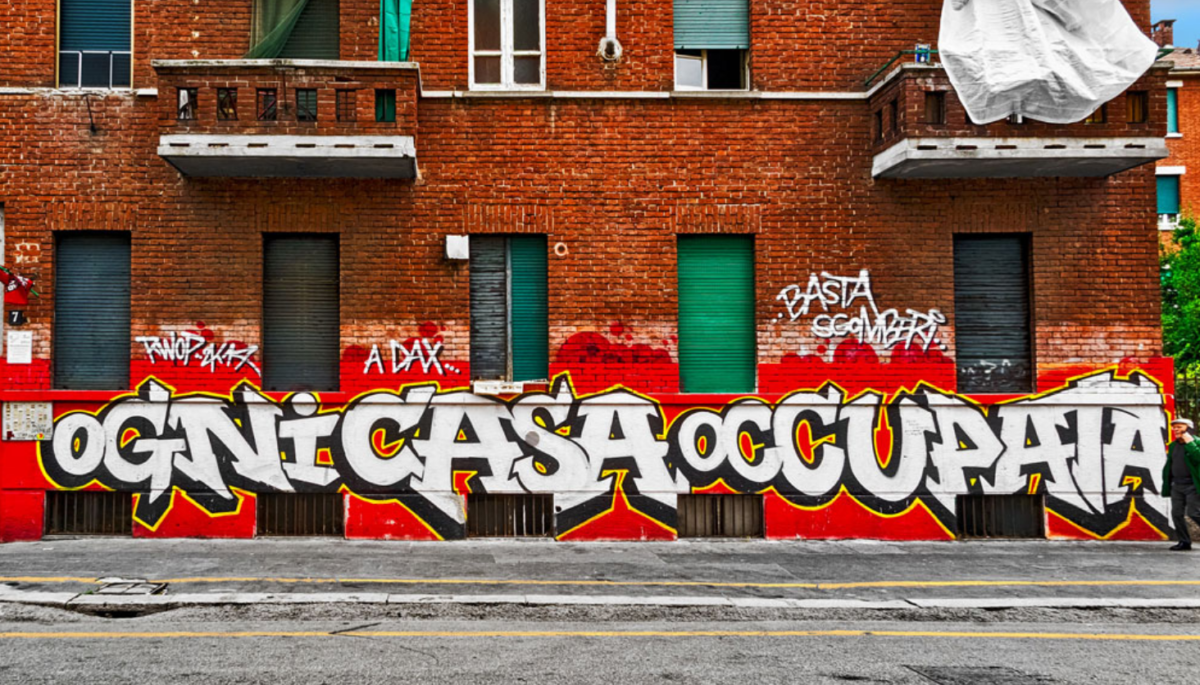How to Make This Year’s Eviction Crisis Our Last

Our housing affordability crisis was well documented long before COVID-19 hit. It is about to get much, much worse. Incomes have dropped to zero for many renters, and the moratorium on evictions in a number of states is expiring. Tenants are facing balloon rental arrearages with little ability to pay. Widespread evictions are the inevitable outcome, resulting in lives uprooted and, in too many cases, destroyed.
Now, more than ever, it is time to pivot to proven housing models that guarantee security of tenure—those involving community land ownership. Options such as community land trusts (CLTs), limited equity co-ops (LECs), and resident-owned communities (ROCs) have been woefully underfunded up until now. This must change.
Before COVID-19, almost half of all renters paid more than one-third of their monthly income for housing. If we focused on those with incomes less than $15,000, almost three-quarters were spending more than half their monthly income on it. For those families, “savings” or “reserves” are not options. COVID-19 made a bad situation dire, even for those receiving unemployment insurance.
States and localities are trying to address the looming eviction crisis, but with limited success. Even with federal coronavirus funds augmenting eviction assistance pots, the need far outstrips the supply. In Houston, the city’s rental assistance fund ran dry in 90 minutes. In Baltimore, the city’s new $13 million rental assistance prevention program will cover only one-third of the need expected when the state protections expire at July’s end. At least 10 cities in six states have resorted to lottery distribution of assistance.
“Cancel Rent” campaigns have been forced to wrestle with the law’s longstanding preference for contracts and property over people. Caught in that cage, rent freezes and legislative conversion of back rent to consumer debt has been the best outcome to date. This keeps households in place temporarily, but leaves them with possible wage garnishment, liens, and credit scars.
Read the full article by Partner for Dignity & Rights Human Rights Development Program Director Peter Sabonis at Nonprofit Quarterly.
